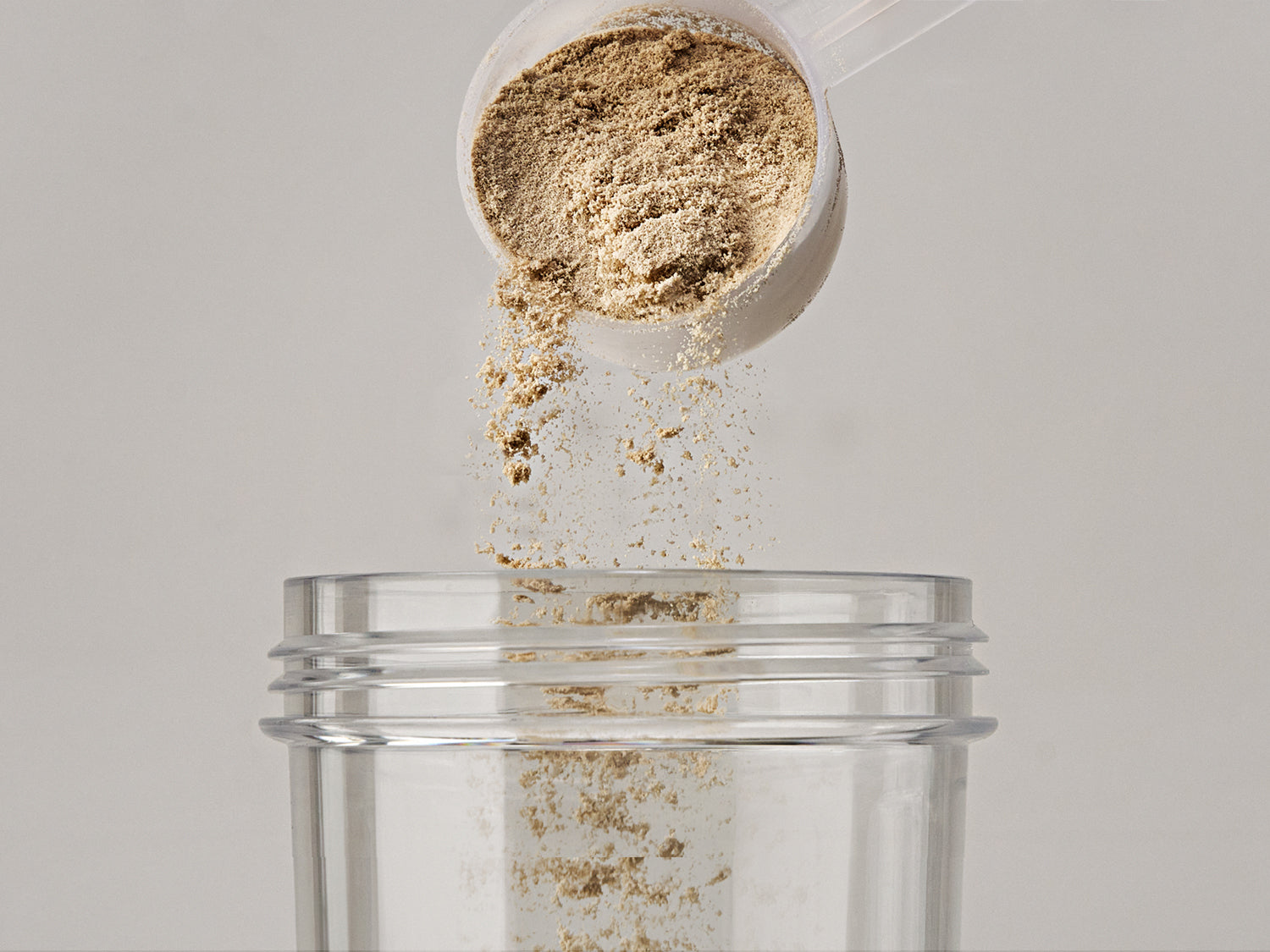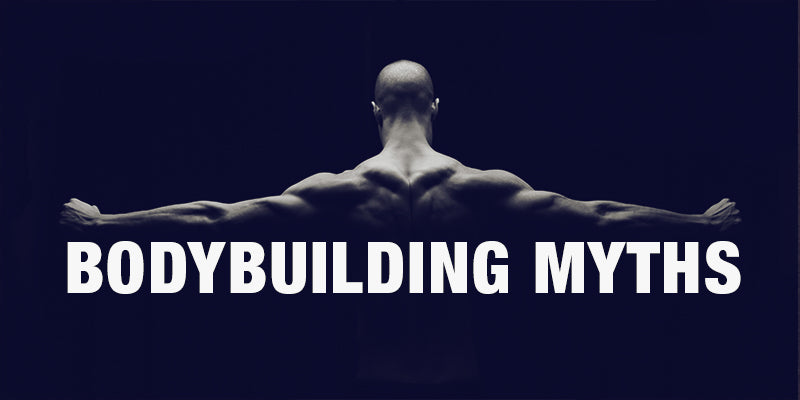With all of the misconceptions surrounding the fitness today, it’s tough for beginners to separate the truth from the myths. Falling for lies can be very frustrating and waste valuable time that could be better used for making gains. Below are the top 6 most common myths and misconceptions and how you can avoid them to maximize both your time and effort.
MYTH #1: SPOT-REDUCING FAT
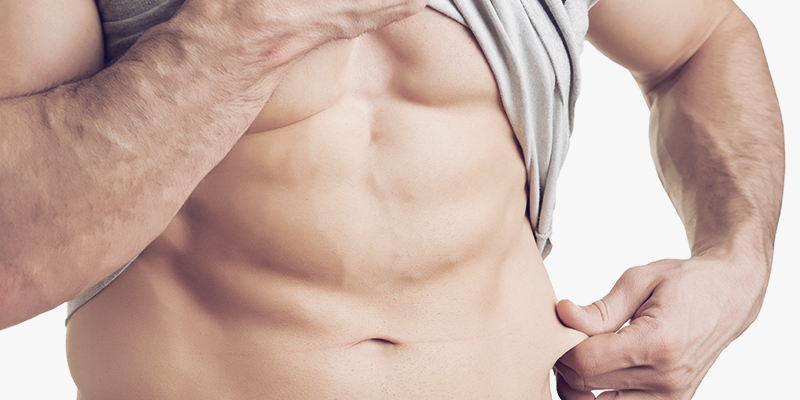
Many people who are just starting out are under the impression that you can train a specific muscle group to get rid of fat in the particular area surrounding it. Unfortunately, this is just not possible. Fat is burned through eating the proper foods, as well as cardiovascular activity. Doing a bunch of sit-ups won’t burn the fat around your midsection; however, jogging on the treadmill for 30 minutes will help burn fat throughout your entire body, including your stomach.
Read more about bodybuilding for beginners.
MYTH #2: MORE TRAINING MEANS MORE GAINS
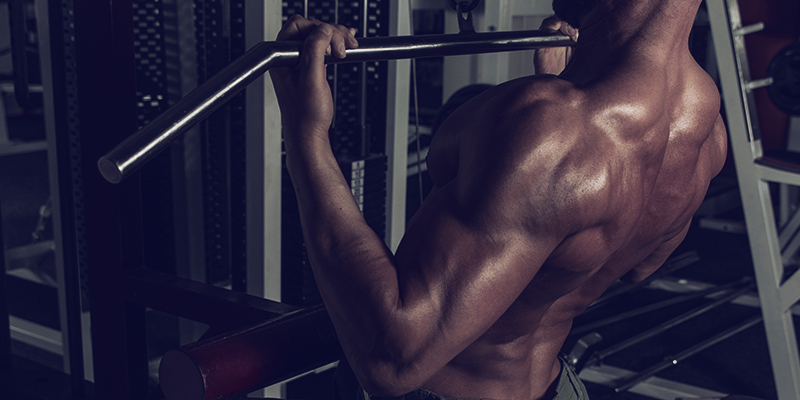
The more you work out, the more results you’ll see, right? Wrong. Working out too many times in a week and for too long can lead to overtraining. If your body is constantly in a state of overtraining, your muscles won’t have adequate time to properly repair themselves. You need to ensure that you’re taking the time to rest so that your body is able to fully recuperate from your grueling workouts and is ready for the next one. If you’re just starting out, a good rule of thumb is to leave at least two days in between working the same muscle group. For example, if you work back on Monday, you shouldn’t work it again until at least Thursday.
MYTH #3: YOU SHOULD ONLY DO CARDIO WHEN TRYING TO LOSE FAT

We mentioned in myth #1 that cardio is great for burning fat, but this isn’t the only time you should do it. Some form of cardiovascular exercise should always be a part of your workout routine, regardless of whether you are cutting or bulking. Cardio helps the heart and lungs, and also improves the body’s ability to utilize oxygen, as well as keep blood pressure in check. If you’re not currently doing cardio for fat loss, you should aim to do it two to three times a week.
Also Read: Why is Spot Training a Myth?
MYTH #4: ALL CALORIES ARE CREATED EQUAL
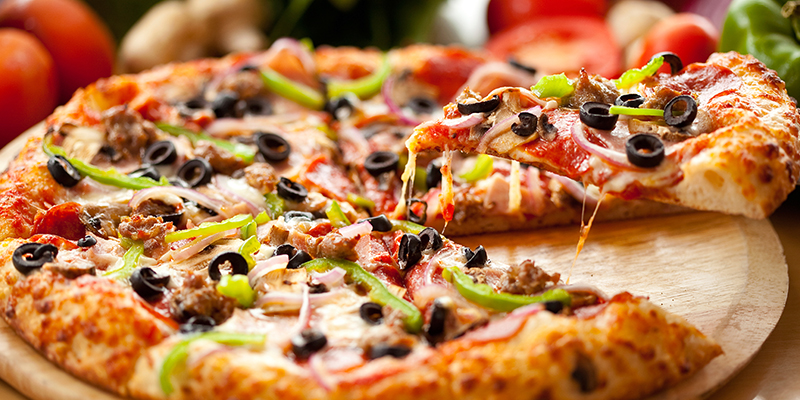
One of the biggest fads in the fitness industry these days is IIFYM (if it fits your macros). Essentially, this allows people to eat whatever they want as long as it fits within their macronutrient range of protein, carbs and fats. While it is true that bulking and cutting does come down to calories in and calories out, many processed foods contain empty calories and have minimal nutritional value. They can also lead to a whole host of health issues. Your best bet is to consume mostly healthy whole foods. This will lead to minimal fat gain while providing your body with essential nutrients, vitamins and minerals.
MYTH #5: FAT IS BAD
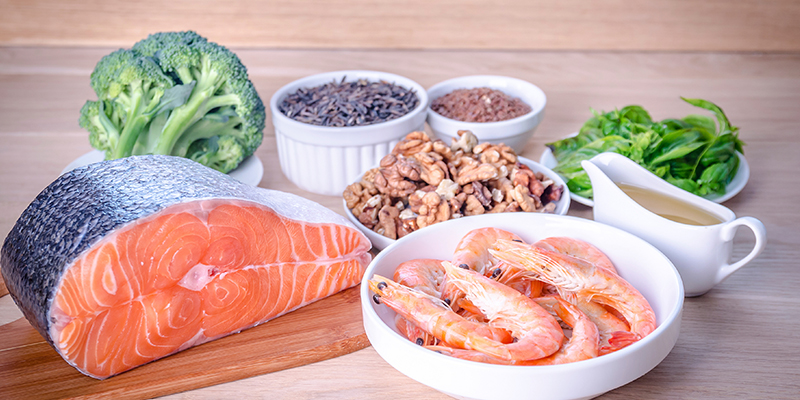
A common misconception among the general population is that fat is bad and will make you fat, so as a result, many beginners will avoid including it in their diet. The truth is that fat is an essential nutrient that provides your body with energy. There are different types of fat, such as saturated, monounsaturated and polyunsaturated. The majority of your fat intake should be made up of mono- and polyunsaturated fats, as they are healthy fats that will provide your body with the energy that it needs.
MYTH #6: YOU SHOULD NOT EAT FOOD AFTER 9PM
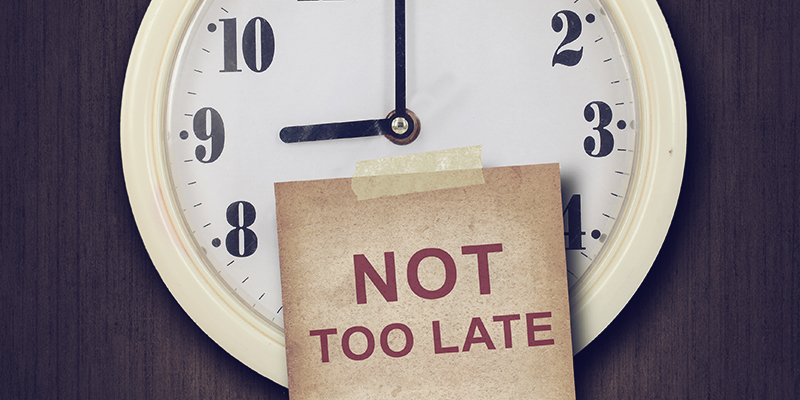
Many newcomers believe that you should stop eating in the early evening, because if you eat any later, the food won’t get digested while you’re asleep, and will instead be stored as fat. This couldn’t be further from the truth. It’s actually important to eat before bed so that the body has the nutrients that it needs to keep itself in an anabolic (musclebuilding) state while you are sleeping. It’s recommended that you eat a meal consisting of high protein, healthy fats and some complex carbs so that your body can repair your muscles and replenish your energy stores.
Starting out in fitness can be daunting if you aren’t armed with the right knowledge. Whatever your fitness goals, without falling prey to some of the most common myths and misconceptions, you’ll have the edge you need to make the most out of every rep, set and meal.
